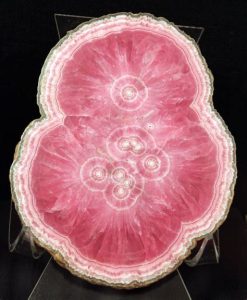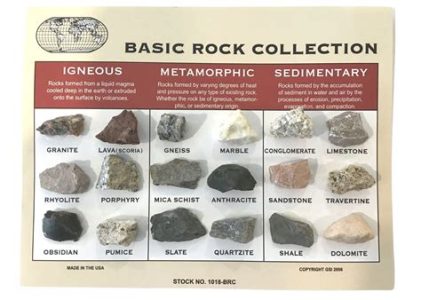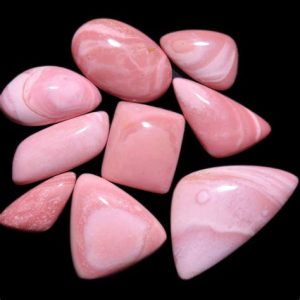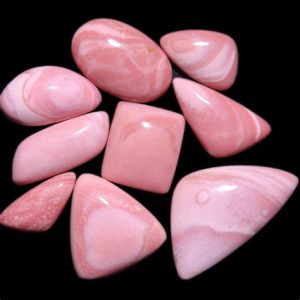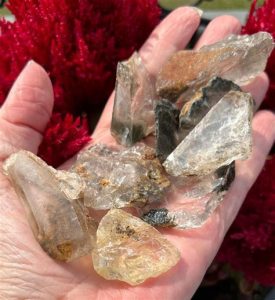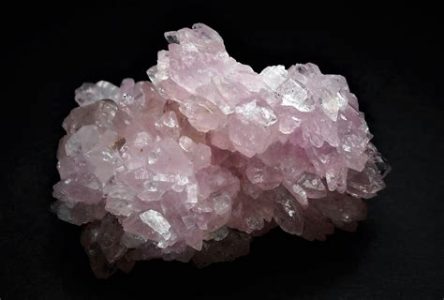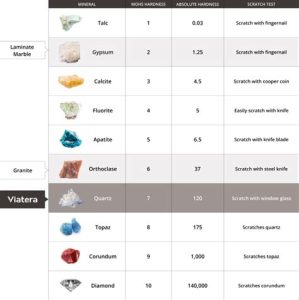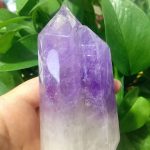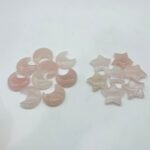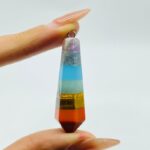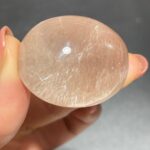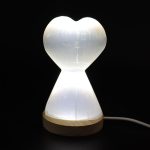Unveiling the Enigmatic World of Violet Gems
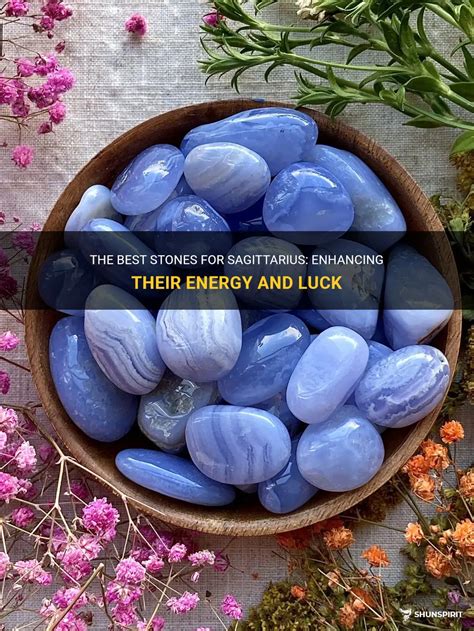
Introduction
The world of gemstones is a captivating realm, where purple stones hold a special allure. These captivating gems, often associated with royalty and spirituality, have captivated hearts for centuries. Identifying purple stones, however, can be a daunting task. This comprehensive guide delves into the intriguing world of purple stone identification, empowering readers to confidently distinguish between various gems.
Characteristics of Purple Stones
Purple stones, spanning a mesmerizing spectrum of hues, are predominantly characterized by the following attributes:
- Color: Ranging from vibrant amethysts to delicate lavenders, purple stones exhibit an array of shades, each possessing a unique charm.
- Luster: The surface of purple stones exhibits varying degrees of luster, from vitreous, akin to glass, to earthy, resembling opaque minerals.
- Hardness: Purple stones possess varying degrees of hardness, a crucial factor influencing their durability.
Common Types of Purple Stones
The world of purple stones encompasses a diverse array of gems, each with its distinct characteristics. Let’s explore some of the most prevalent:
| Gemstone | Color | Luster | Hardness |
|---|---|---|---|
| Amethyst | Deep purple to lavender | Vitreous | 7 |
| Tanzanite | Deep blue-violet to purple-red | Vitreous | 6-7 |
| Charoite | Deep purple to lavender | Vitreous | 5-6 |
| Sugilite | Deep purple to reddish-purple | Vitreous | 5-6 |
| Iolite | Deep blue-violet to purple-gray | Vitreous | 7-7.5 |
Advanced Techniques for Purple Stone Identification
While traditional identification methods can provide a preliminary indication, advanced techniques offer greater precision:
1. Spectroscopic Analysis: This technique analyzes the light absorbed and emitted by a stone, providing valuable insights into its composition and origin.
2. Gemological Microscope: Examination under a microscope reveals minute details, such as inclusions and crystal structure, aiding in stone identification.
3. Refractive Index: This method measures the speed of light through a stone, a characteristic that varies among different gemstones.
Applications and Motivations
Purple stones, besides their captivating beauty, possess a wide range of applications:
1. Jewelry: Purple stones are highly sought after for crafting exquisite jewelry, from necklaces to earrings.
2. Healing: Amethyst, in particular, is believed to promote emotional balance and tranquility.
3. Industrial: Certain purple stones, such as sugilite, are used in electronics due to their unique electrical properties.
Purple Stone Market Insights
The global purple stone market is projected to reach a value of USD 2.5 billion by 2025, driven by:
1. Rising Demand for Jewelry: The increasing popularity of purple gemstones in jewelry is fueling market growth.
2. Growing Interest in Healing Stones: The growing trend towards holistic therapies is boosting demand for amethyst and other purple stones believed to possess healing properties.
3. Technological Advancements: Innovations in stone identification and processing techniques are enhancing the availability and affordability of purple stones.
Pain Points and Common Mistakes
Despite their allure, purple stones are not without challenges:
1. Counterfeits: The proliferation of imitation purple stones can make it difficult for buyers to discern genuine gems.
2. Overpricing: Unscrupulous sellers may inflate the prices of purple stones, particularly rare varieties.
3. Incorrect Identification: Identifying purple stones solely based on appearance can lead to incorrect conclusions.
Case Detail: Amethyst VS Tanzanite
To illustrate the importance of accurate identification, consider amethyst and tanzanite. Both stones share similar hues, but tanzanite is significantly more valuable. A thorough analysis of the stone’s origin, optical properties, and chemical composition is crucial to distinguish between these two gemstones.
Conclusion
Purple stones, a captivating class of gemstones, hold a special place in the realm of jewelry, healing, and industry. However, the allure of these gems is intertwined with challenges in identification. By embracing advanced techniques and understanding the motivations and pain points surrounding purple stones, individuals can confidently navigate the gemstone market, making informed purchases and unlocking the full potential of these enigmatic gems.


